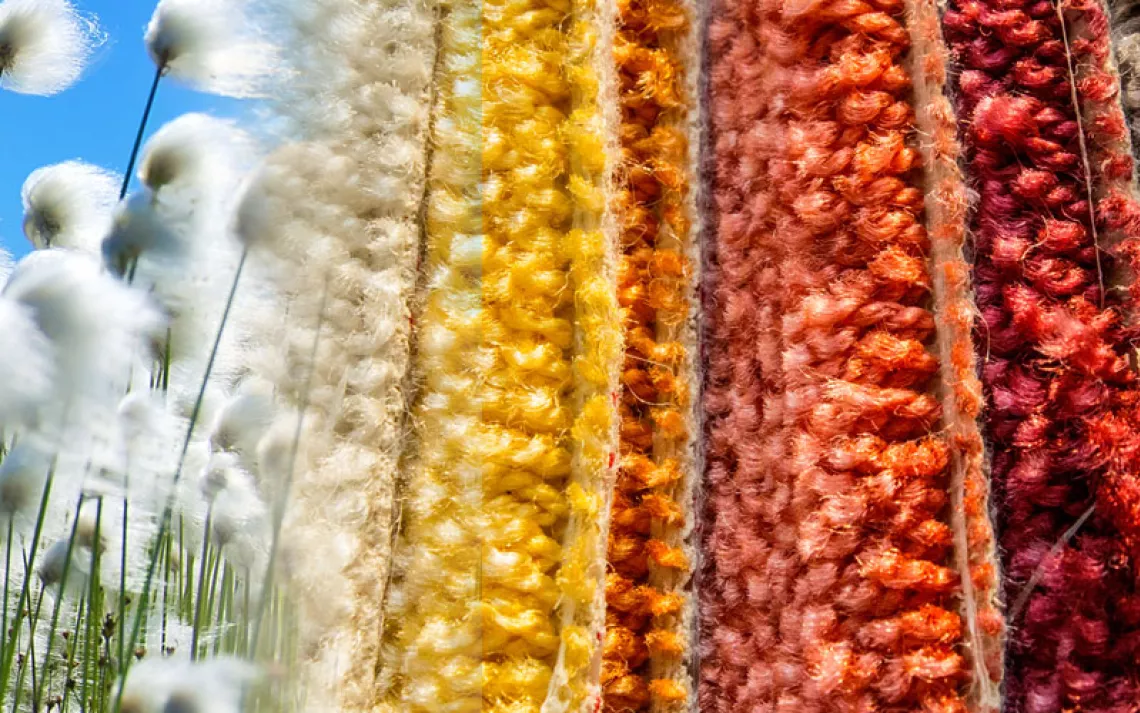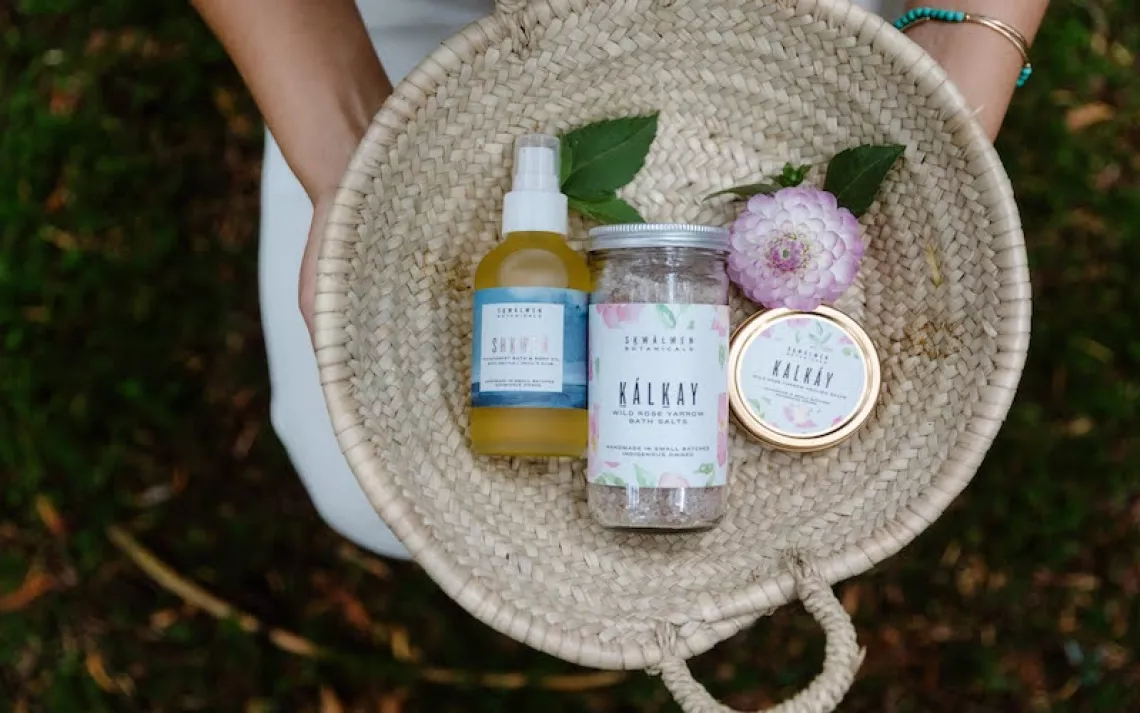6 Eco-Friendly Brands to Kickstart Your Fall Wardrobe

Consumers aren’t the only ones who “suffer for fashion.” According to the 2015 documentary The True Cost, the fashion industry is the second most polluting industry in the world, right behind the oil industry. Cotton and leather production rely on damaging chemicals and heavy water usage, and the average American generates 82 pounds of textile waste in one year alone. In fact, the entire industry thrives on the short attention span of wasteful consumers, churning out millions of new products while last season’s buys sit in the landfill. Eco-conscious fashionistas know to donate or exchange unwanted clothes, repair instead of replace, and buy used when they can, but sometimes even these steps can’t stop that twinge of shopper’s guilt. Luckily, sustainability has become increasingly en vogue, and designers across the globe can agree: green is in. Check out some of these eco-friendly companies that prove style and substance aren’t mutually exclusive.
1. Freedom of Animals
Founded in 2012, Freedom of Animals combines sustainability and cruelty-free luxury in their collection of stylish bags. Despite its faux-leather aesthetic, each bag is crafted from post-consumer polyurethane and organic cotton, lined with plastic water bottle lining, and colored with recycled vegetable-based dyes. Even the zippers are made from recycled metals. All Freedom of Animals’ operations adhere strictly to EPA guidelines—their fabrics use 70% less energy to process than other synthetic fabrics.
2. Kallio
Sustainability in children’s clothing is especially crucial—kids are constantly growing, and all those size upgrades take a toll on the environment. Kallio has a creative solution. The Brooklyn-based brand repurposes men’s dress shirts into fashionable clothes for infants to eight year olds. Every garment is hand-crafted locally in New York, from the tunic dresses to the irresistibly charming “sleeve pants” (which are exactly what they sound like).
3. Patagonia
Patagonia is no hidden gem. Their outdoor apparel is some of the most popular in the country, and they’re consistently praised by credible gear sources like OutdoorGearLab and National Geographic’s “Gear of the Year” awards. But Patagonia offers more than just sturdy outdoor wear: they donate 1% of their total sales to environmental groups, conduct business in LEED-certified facilities, and allow their employees up to two months of fully paid leave to volunteer with the environmental nonprofit of their choice. Patagonia also encourages customers to buy their clothes secondhand, and their stores across the country have held swap days where members can exchange Patagonia items with each other.
4. Amour Vert
The French phrase “amour vert” translates to “green love.” That’s an understatement when it comes to this chic San Francisco-based clothing brand. Not only do they manufacture all their products with sustainable fibers, non-toxic dyes, and a zero-waste design philosophy, but they also partner with American Forests to plant a tree for every tee shirt they sell. By the end of 2015 they’ll have planted over 100,000 trees!
5. Kuyichi
Founded by the members of the NGO Solidaridad, Kuyichi was the first to introduce organic cotton to the fashion industry in 2001. They also utilize organic wool, recycled polyester, vegetable-tanned leather, and plant-based fibers such as linen. Their stylish street wear is impressive in and of itself, but Kuyichi’s real claim to fame is their pioneering sustainability tactics—they’re widely known as the first eco-conscious fashion brand.
6. Nicora Johns
If you’re not ready to give up hamburgers just yet, let your feet go vegan instead. Nicora Johns makes all their shoes with animal-free, cruelty-free synthetic leather, and every pair is made in the United States with materials sourced from local factories. The brand new LA-based shoe company hopes to rejuvenate the domestic shoe industry, which currently produces only 1% of the shoes Americans buy.
 The Magazine of The Sierra Club
The Magazine of The Sierra Club



